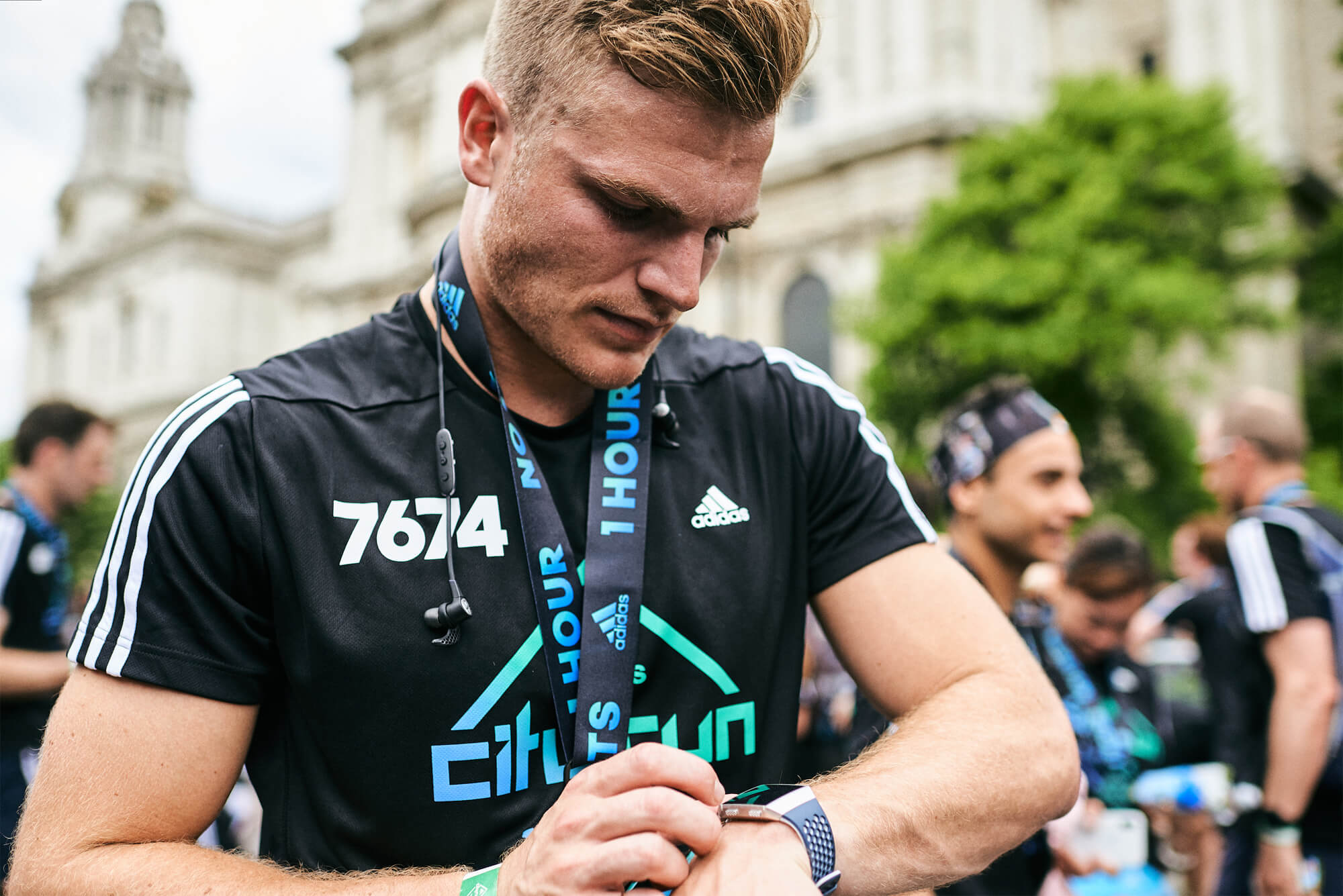
Your jaw is probably the last thing in the world that you think about when you go for a run. However, it is one part of your body that can have a profound impact on the whole of your biomechanical system.
Let me explain: your jaw is directly connected into your nervous system, and your brain can instruct your jaw to tighten up or relax depending on your state of mind.
If you are about to have a fight with a grizzly bear (i.e a quite stressful situation), your body tightens your jaw and all your other powerful muscles as part of an adrenaline/cortisol-based response (our main stress hormones) to danger. It helps you run away quickly for short periods of time, get out of danger and not get eaten by Mr Bear.
However, if you are a runner trying to perform at your best, having a bloodstream full of adrenaline and cortisol is going to lead to one thing: fatigue. This emergency response cannot be sustained for longer than a few seconds. The afterburners will quickly get through all your fuel and leave you hitting the wall like a drunk person.
So to prevent this increased release of stress hormones, actively work on keeping your jaw relaxed. The same applies to your breathing – keep it as under control as possible – and your wrists.
Just look at the slow motion replay of Usain Bolt running the 200m; his face is almost smiling it’s so relaxed!
By keeping your jaw unclenched and loose, you’re sending calming signals towards your brain, letting it know that everything is chilled and happy. That, in turn, allows you to conserve energy and run further or at a greater intensity without passing out!
3 ways to stay relaxed when running
- Smile: a loose jaw sends calming signals to your brain.
- Loosen up: release your shoulders, shake out your arms and make sure nothing’s tense.
- Cup your hands: they should be cupped, not clenched; imagine you’re holding an egg.






